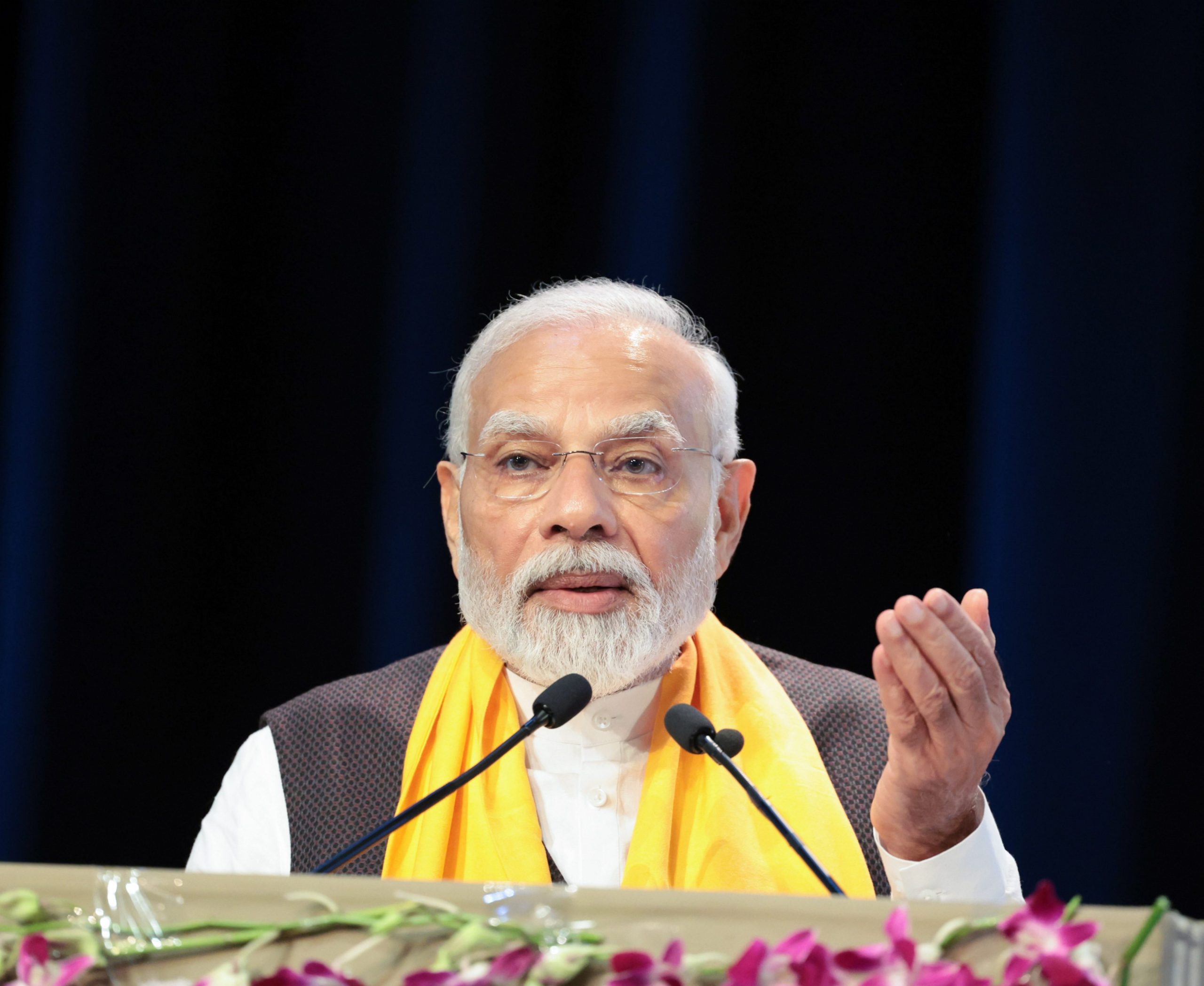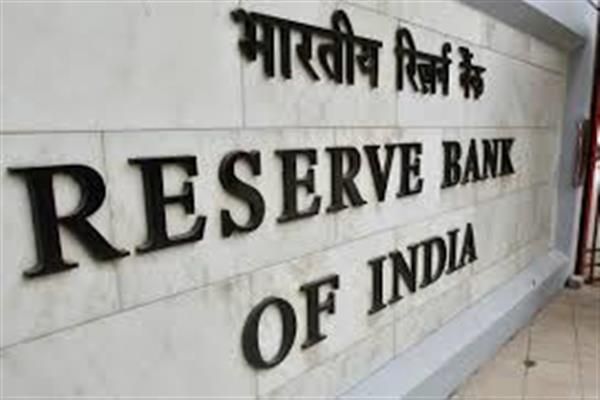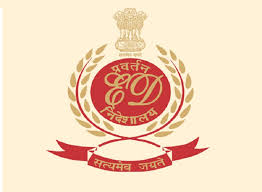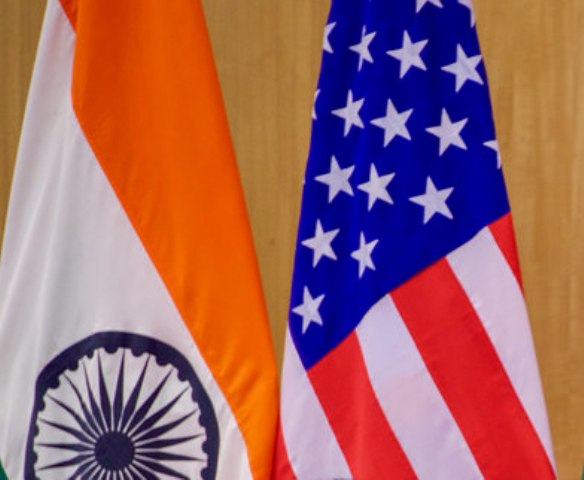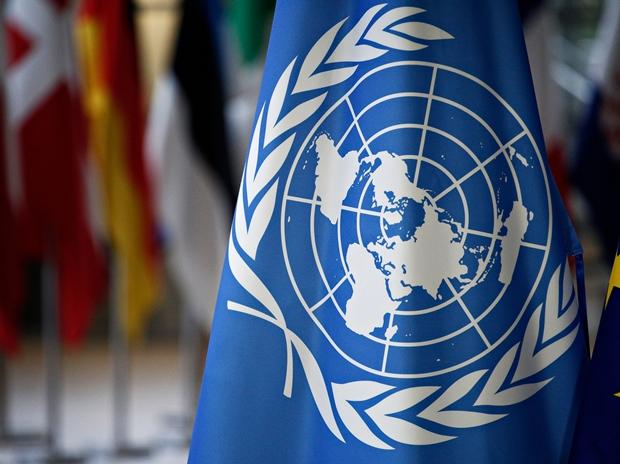New Delhi: The Reserve Bank on Tuesday said it is difficult to accurately assess the economic impact of COVID-19 pandemic as the dynamics are still evolving.
“COVID-19’s epidemiological dynamics are still rapidly evolving in India, rendering difficult an accurate assessment of its full macroeconomic effects,” RBI said in its annual report.
It said dynamic stochastic general equilibrium (DSGE) model built on New Keynesian foundations provides a tentative and proximate assessment of the likely impact of COVID-19 and the subsequent lockdown on the Indian economy.
The model is calibrated assuming that infections peak around the second half of August 2020 and the output gap widens to about (-) 12 per cent of potential output when the economy is worst hit, and considers three main economic agents, viz., households, firms and the government.
Because of lockdown, households have to stay at home and therefore, reduce labour supply to firms; consumption falls due to non-availability of non-essential items and fall in income; and restricted people-to-people contact stalls the momentum of the pandemic, it said.
RBI said the model envisages two scenarios — the first, i.e., lockdown I, impacts the supply side of the economy by decreasing the labour supply and its productivity.
The second scenario, i.e., lockdown II, additionally considers the increase in marginal cost. While inflation is expected to decline under both the models, in the second scenario firms will curtail production as profits take a hit. Wages see a lower rise and economy goes through a large contraction.
“However, the recovery from the pandemic is faster in this scenario on account of fewer opportunities for people-to-people interactions.
“Under scenario I by contrast, production retrenchment is less severe, but demand contraction is more pronounced due to a rise in infections. Thus, the economy undergoes a deeper contraction under lockdown II, but recovery from the pandemic is faster,” the RBI said.
In the third scenario, it said, the government does not impose a lockdown, the pandemic is more widespread and peaks in the second half of January 2021 with a very slow recovery.
“This causes a persistent labour shortage and the supply shock produces a lasting impact on inflation and the output gap, which corresponds to a permanent upward shift in inflation and a downward shift in potential output, respectively,” the RBI said.
“In sum, COVID-19 without the associated lockdown acts like a supply shock which causes a persistent rise in inflation and a permanent loss of output,” it said.
In the scenario of two lockdowns, which looks closer to reality, the decline in economic activity reaches its trough in April-June quarter of 2020-21 and recovers thereafter, albeit at a gradual pace, with growth turning positive from January-March quarter 2020-21, the RBI said.


